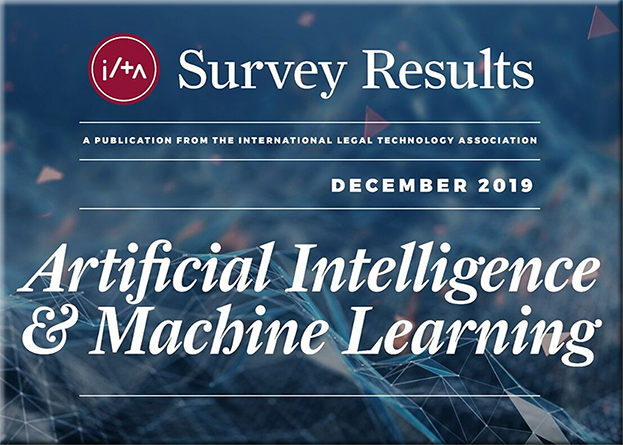Legal Tech’s Predictions for Artificial Intelligence in 2020 — from law.com by Zach Warren
We may not have robot lawyers, but lawyers and technologists agree that artificial intelligence will have a major impact on the legal profession in 2020.
Excerpts:
Alex Babin, CEO, Zero: “The biggest gains from automating legal practices will be time saved and improved workflow efficiencies as the AI ‘takes over’ more laborious tasks including litigation support, email, e-discovery, and the use of databases for case management. Lawyers will begin to trust in this process, letting AI perform these basic tasks such as auto-filing document and email for compliance. AI will enhance corporate and regulatory reporting and improves contract creation and management.”
Scott Forman, shareholder, Littler Mendelson and founder of Littler CaseSmart and Littler onDemand: “Data analytics and AI have already fundamentally changed the delivery of legal services, but I expect 2020 to bring a greater understanding of how these technologies enhance, rather than overtake, the work of lawyers. While robots and technology will never replace lawyers, they provide data and insight enabling lawyers to do their jobs faster and better. This includes automating aspects of the legal process—so that lawyers can focus on top-of-the-pyramid work—as well as synthesizing and serving up information that guides litigation strategy, identifies potential areas of risk and moves toward predicting legal outcomes.”











